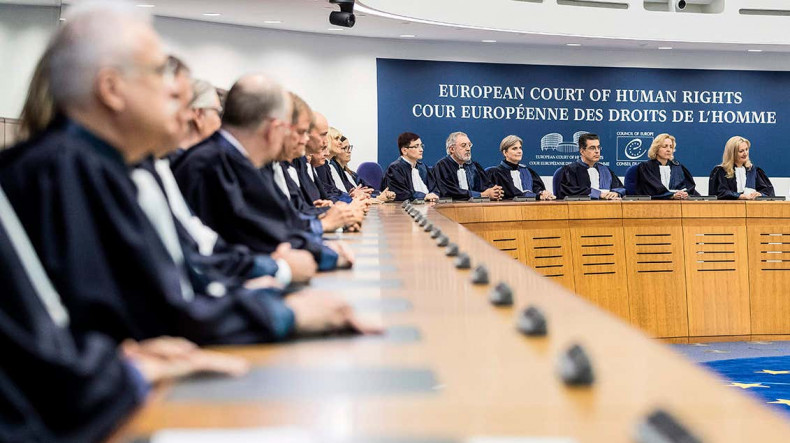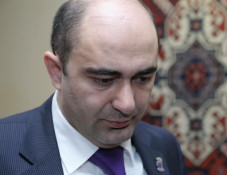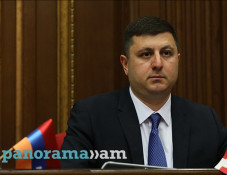
ECHR delivers judgements concerning Armenia
The European Court of Human Rights (ECHR) has delivered judgements in two cases concerning Armenia – Makeyan and Others v. Armenia and Hambardzumyan v. Armenia.
In the Makeyan and Others v. Armenia case, the European court unanimously held that been no violation of Article 6.1 (right to a fair trial) of the European Convention on Human Rights.
The case concerned the conviction of applicants Petros Makeyan, Shota Saghatelyan and Ashot Zakaryan for obstructing the work of an electoral commission at a polling station during the 2008 presidential elections, when they were involved in the campaign for the main opposition candidate, Levon Ter-Petrosyan.
The applicants complained that the criminal proceedings against them had been unfair because the national courts had used witnesses’ pre-trial statements to convict them, without regard for testimony made by the same people on oath at trial that the statements had been made under duress.
The court pointed out in particular that, in principle, a tribunal should give more weight to a witness’s testimony given at a trial hearing than to a record of his or her pre-trial questioning.
However, in the applicants’ case, the ECHR considered that the trial court had given sufficient reasons for finding the witnesses’ pre-trial statements more credible, namely that some of those witnesses’ requests not to attend the trial out of fear of repercussions from the applicants’ supporters could have explained the retractions.
In the Hambardzumyan v. Armenia case, the ECHR ruled unanimously that there had been a violation of Article 8 (right to respect for private and family life) of the European Convention on Human Rights, and no violation of Article 6 (right to a fair trial) of the European Convention.
The case concerned applicant Karine Hambardzumyan’s complaint that the police had not had a valid court warrant to place her under secret surveillance during a criminal investigation.
The court found in particular that the warrant had not been specific enough about the person who was the object of the surveillance measure, vagueness which was unacceptable when it came to such a serious interference with the right to respect for private and family life as secret surveillance.
Furthermore, the warrant had not listed the specific measures that were to be carried out against the applicant. Overall, the surveillance measure had not had sufficient judicial supervision and had been in conflict with the convention.
Hambardzumyan was serving a sentence of imprisonment in Abovyan correctional facility when her application was lodged
The ECHR held that Armenia was to pay the applicant 1,200 euros in respect of non-pecuniary damage.
Newsfeed
Videos






























